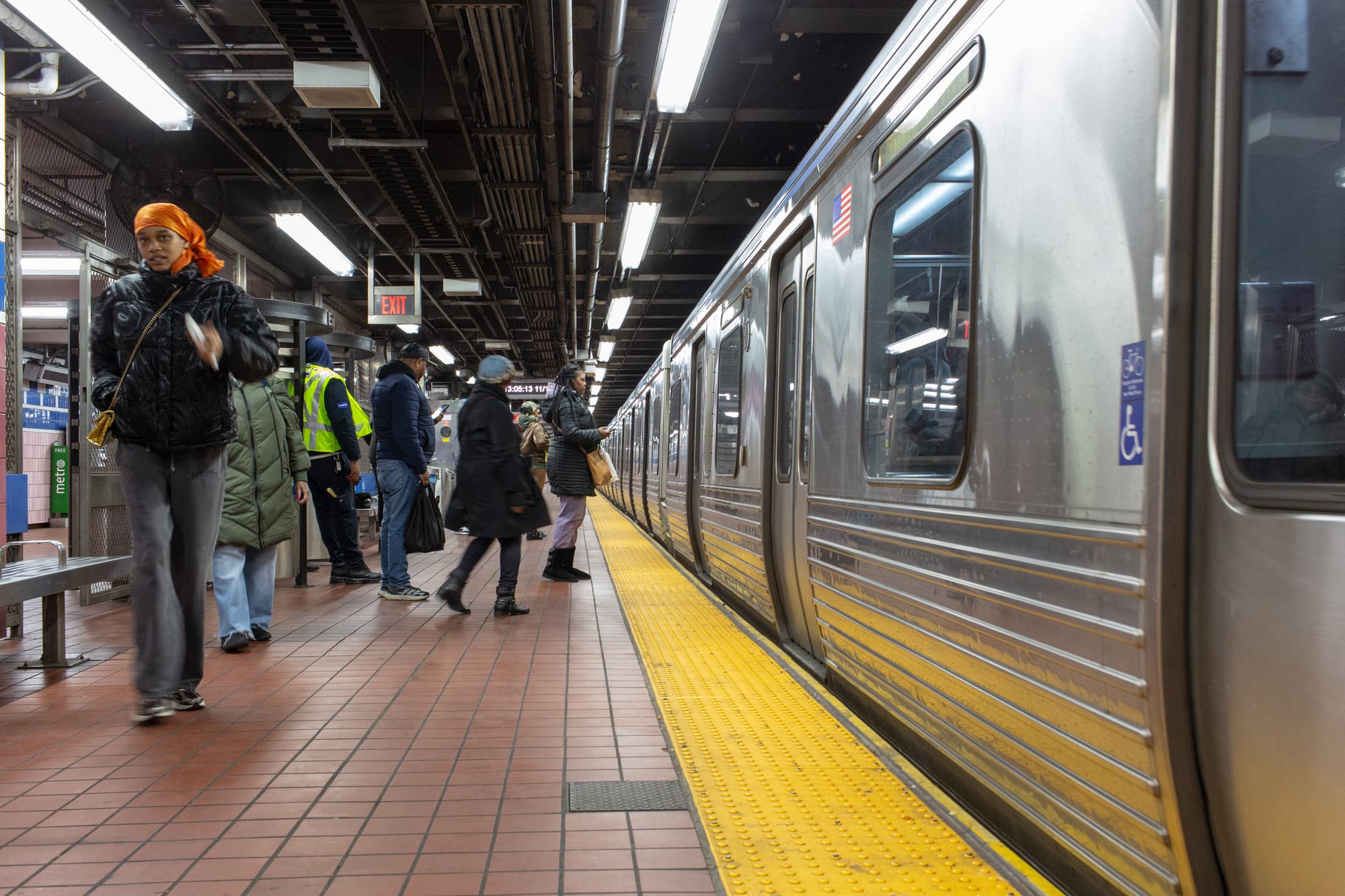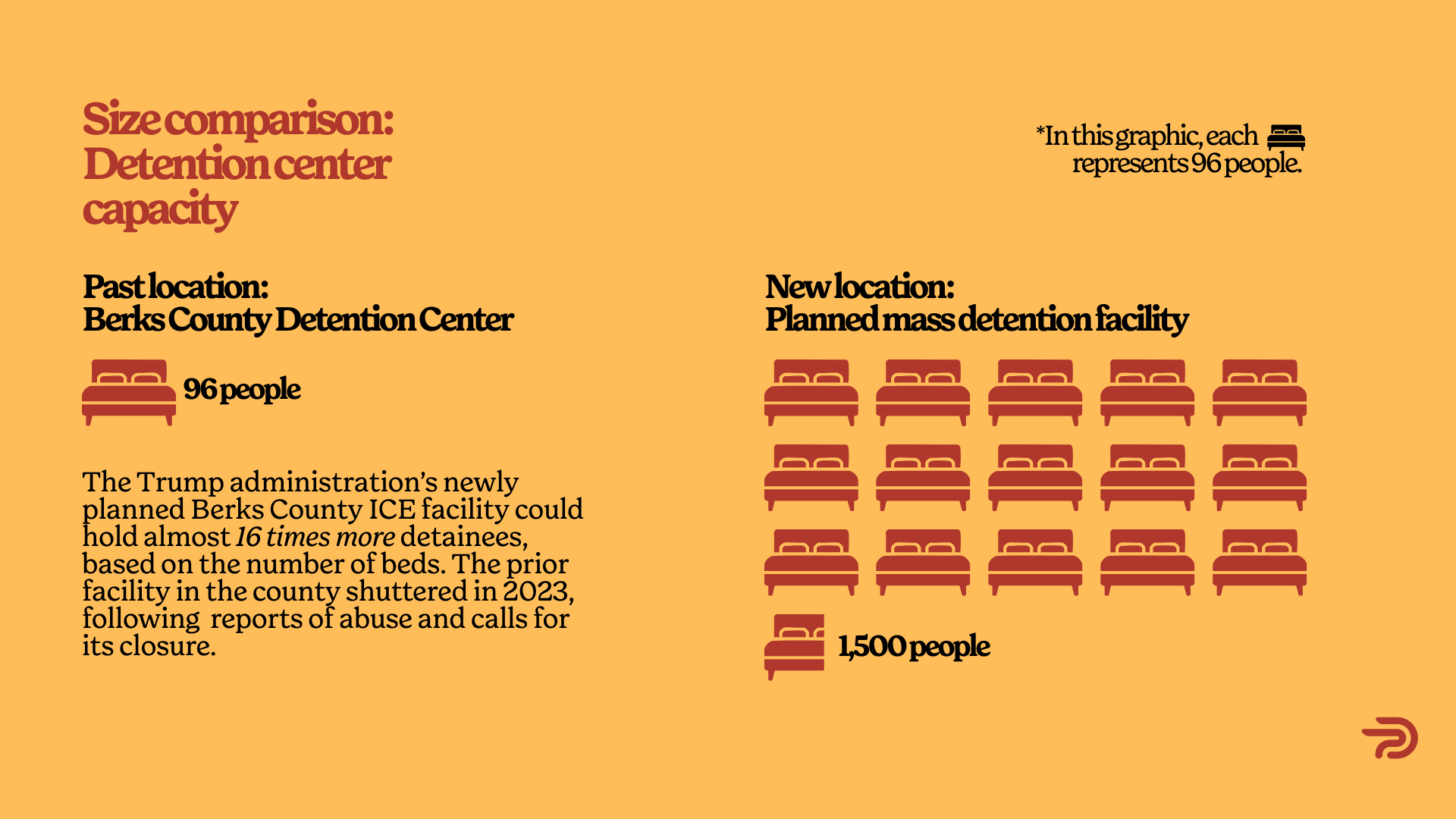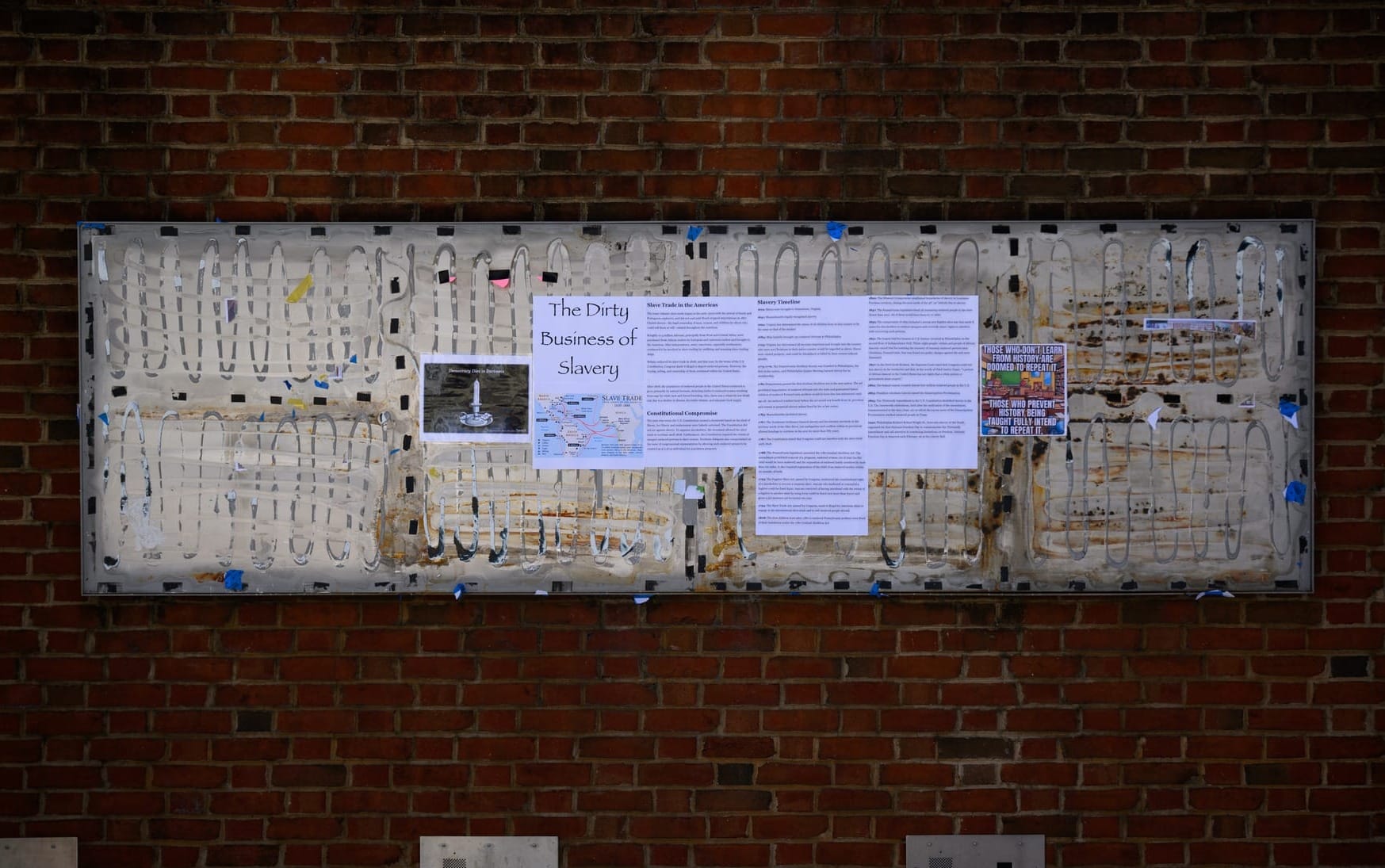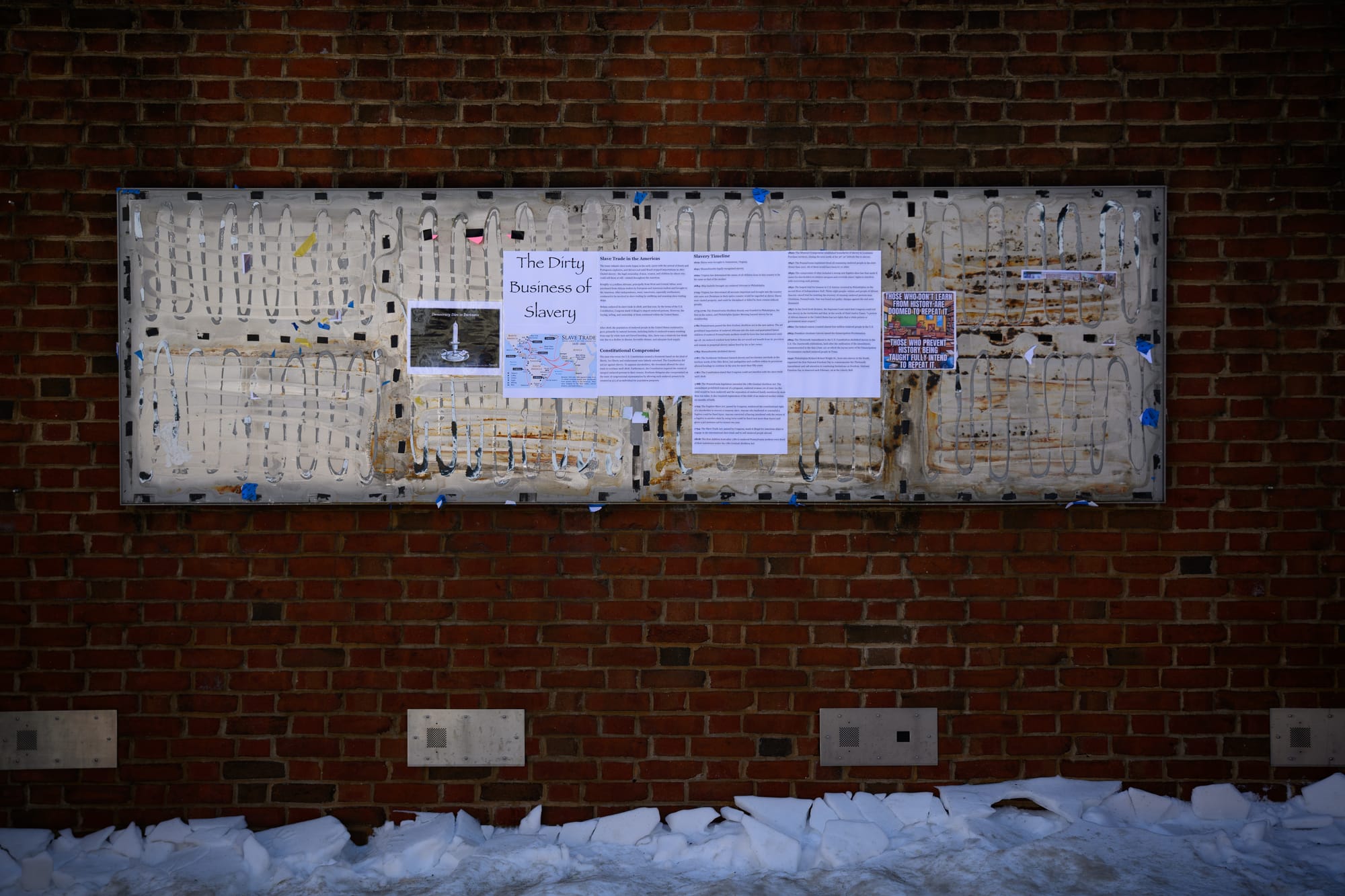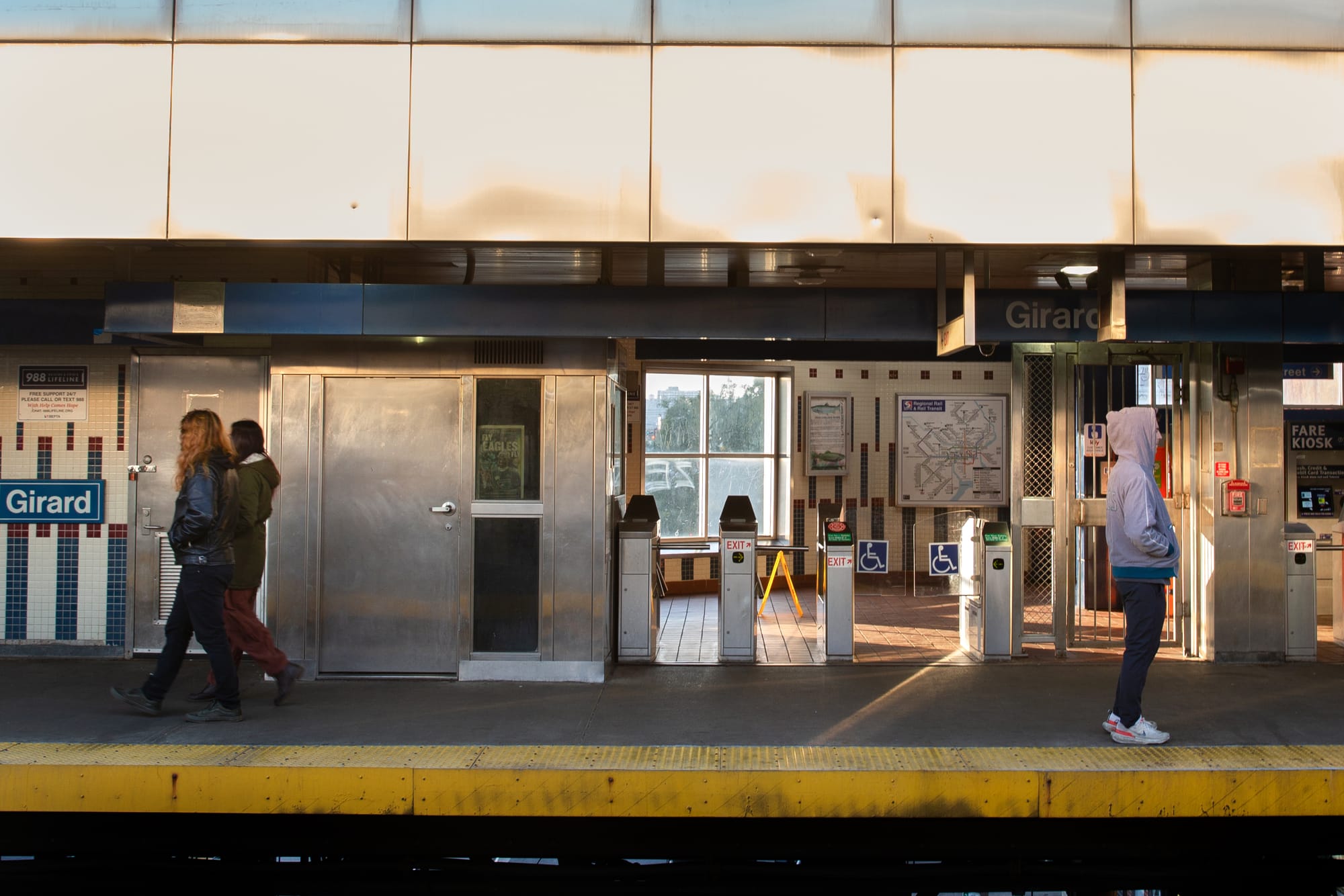Why Trump’s “Big Beautiful Bill” Betrays Black Families
Trump’s “Big Beautiful Bill” touted benefits for first-time homebuyers, but critics question its impact on working-class and Black families.
Two weeks ago, President Trump unveiled what he called the Big Beautiful Bill, a sweeping legislative package pitched as a boon for American families. Headlines lauded its generous provisions for first-time homebuyers, while social media buzzed about its promise to lift up working-class communities.
Yet tucked deep inside the bill is an inheritance tax scheme that does precisely the opposite for new Black families trying to buy their first home. By carving out exemptions for estates far beyond the reach of most Americans and abandoning targeted down-payment assistance, this legislation will widen the racial wealth gap and leave aspiring Black homeowners standing on the wrong side of the door.
At first glance, the bill’s so-called “homeownership incentive” looks inviting. It eliminates estate taxes on inheritances up to $10 million and redirects those revenues to a general home-buyer fund.
What the bill does not say is that most Black families simply do not inherit estates anywhere near that threshold. According to Federal Reserve data, the median net worth of White families is nearly eight times that of Black families.
Those smaller estates will still pay full taxes, meaning the fund will be seeded almost entirely by the small inheritances that Black families once relied on to help bridge down-payment gaps. The end result is a wealth transfer upward, rather than into the hands of those who need it most.
To understand the stakes, we must reckon with a history of systemic exclusion. Redlining, racially restrictive covenants, predatory lending and the denial of New Deal benefits to Black communities have all conspired to lock generations of Black Americans out of homeownership.
For many White families, property passed from parents to children like a baton in a relay race. But for Black families, that baton was too often dropped at the starting line. A policy that pretends to level the playing field by favoring only the wealthiest estates will leave Black aspirants scrambling for crumbs.
The inheritance tax carve-out is more than a technical flaw; it amounts to a structural betrayal. Imagine two families side by side. One receives a modest inheritance—perhaps a small house in a neighborhood that has steadily appreciated, or the equity in a modest savings account.
Under this bill, that inheritance is fully subject to estate tax, shrinking the nest egg for the next generation. Meanwhile, at the country club down the street, a multimillion-dollar estate passes tax-free into hands already flush with resources. The political theater of “help for first-time buyers” collapses under the reality of whom the bill actually uplifts.
Beyond the inheritance provisions, the Big Beautiful Bill advances cuts to affordable housing programs and trims critical supports like the Low-Income Home Energy Assistance Program. Federal housing agencies face budget squeezes even as rents surge faster than wages in many cities.
The bill’s architects justify these rollbacks as necessary for deficit reduction, but the real motive is clear: shift resources away from working-class taxpayers and toward wealthier donors. In a country where Black homeowners already face barriers to bank loans, credit access and fair appraisals, these cuts will hit hardest those who can least afford them.
Working-class America was promised a lifeline, but instead it got a lifeboat with holes. The broader legislation attacks labor protections too. By undercutting the National Labor Relations Board with appointees hostile to union organizing and by repealing the Davis-Bacon prevailing-wage rule for public projects, the bill dismantles the very mechanisms that helped build the Black middle class in the postwar era. Wealthy estate holders benefit when wages stagnate and unions weaken. That is no accident.
The contrast between the bill’s marketing and its substance could not be starker. Its architects wield optimistic slogans about “opportunity” and “unlocking potential,” while writing into law a new barrier to entry for first-generation homeowners.
This is not policy; it is posturing. And it is a reminder that political rhetoric about helping the “forgotten men and women” can mask policies designed to pick winners and losers based on birthright rather than merit.
For new Black families, homeownership is more than an economic milestone. It is a stake in a nation that has too often treated them as temporary guests instead of rightful partners. It represents wealth that can be passed down, security for children and the power to shape one’s neighborhood. Policies that undermine this dream undercut not only individual families but the promise of America itself.
The Big Beautiful Bill erects another gate in front of Black homebuyers. It dresses itself as a door of opportunity, but the hinges are so greased for the wealthy that those climbing from below will slip at every turn.
In place of genuine reform, it offers a caricature of help that leaves working families paying full price for the privilege of hope. Our nation deserves better. Homeownership should not be a game rigged by birthright, but a promise fulfilled through shared sacrifice and real solidarity. This bill shatters that promise by giving with one hand and taking with another—like building a grand staircase while removing the bottom step.

